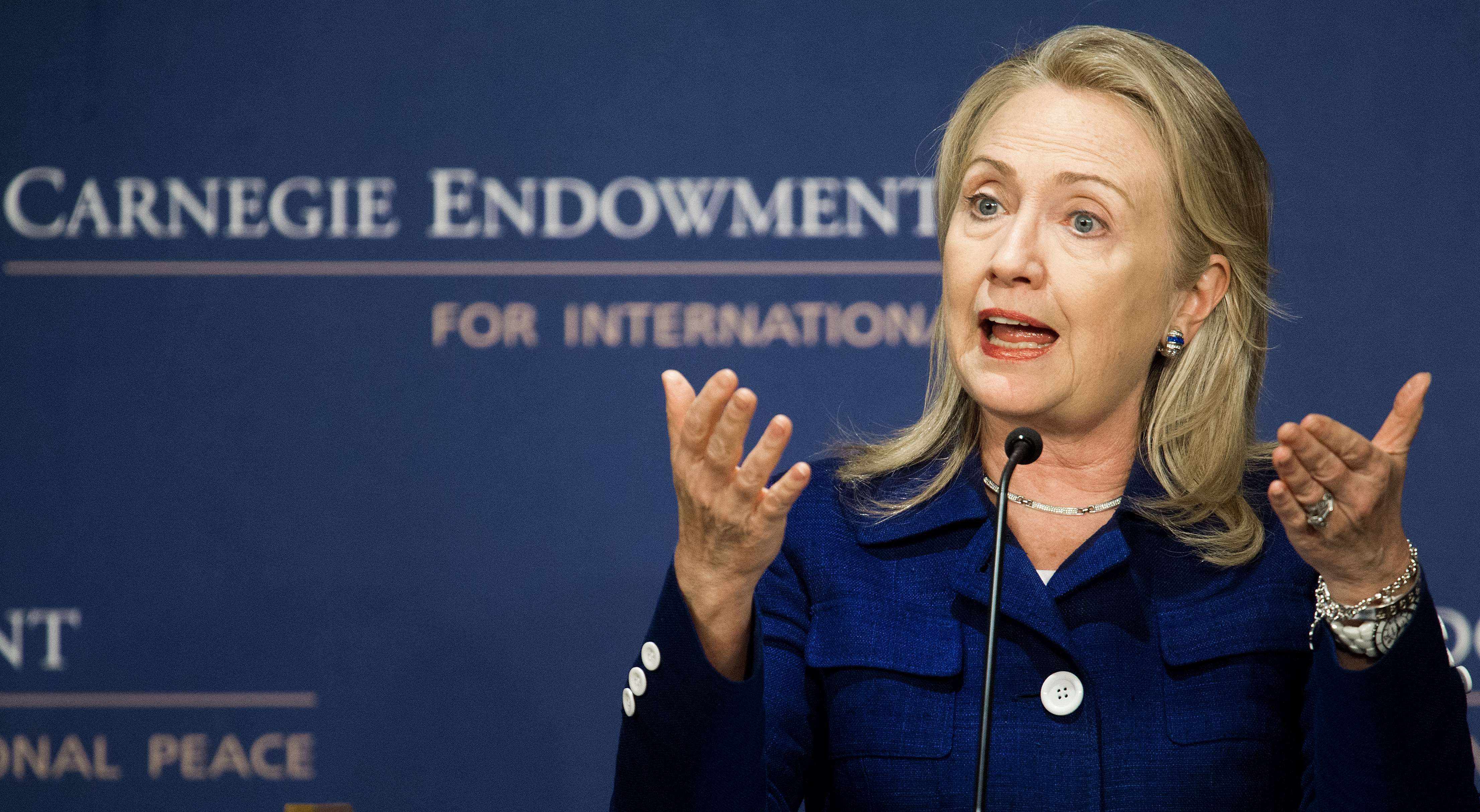
(Photo Public Domain)
News of Prosecutor General Hisham Barakat’s assassination was received with grief and condemnation by different local political and social figures, parties, and organisations.
The Arabic Network for Human Rights Information (ANHRI) expressed its condemnation of the attack, as well as its deep concern over the development of terrorist operations, “which amounted to claiming the life of an official such as the public prosecutor”.
ANHRI renewed its demands to put an end to reducing counter terrorism measures “to the security stick only, stressing that the only way to confront terrorism and eradicate it from its roots is through respecting the rule of law”.
“Despite the gravity of the incident and its importance, the Egyptian authorities should not be tempted to follow the calls for putting the law aside in order to seek revenge through the imposition of exceptional measures; rather they should emphasize their adherence to the rule of law,” the network said.
Meanwhile, the Egyptian Council of Scientists mourned Barakat, calling upon the Egyptian people “to stand behind its leadership to fight terrorism”.
Ahmed Bahaa El-Din Shaaban, head of the Egyptian Socialist Party, considered the incident a serious development, which requires the state to “renew its methods of fighting terrorism”.
Shaaban added that the assassination eliminates all chances of reconciliation with the “terrorist groups”.The leftist lawyer and former presidential candidate said that “the only solution is asserting the rule of law and respecting justice”.
Mohamed Montasser, spokesperson of the Muslim Brotherhood group, considered the assassination of Barakat one of the latest “negative developments in the Egyptian arena”, holding the current government responsible for the incident.
Montasser asserted that the group rejects killing, and “that there is no way to stop the bloodshed but to defeat the military coup”.
“Targeting the Prosecutor General of the coup reveals to all that the coup’s security apparatuses and its killing machine can only face peaceful unarmed protesters in the streets, drag them on the asphalt, insulting and humiliating non-violent demonstrators, torturing workers and street vendors, and harassing the poor in Egypt’s slums,” the spokesperson of the outlawed group said.
Meanwhile, influential Muslim cleric Yusuf Al–Qaradawi condemned the incident, saying he warned that the country could get dragged “into a cycle of violence”.
“We cannot ignore some of the suspicions that the coup might be killing its own leaders,” he added.
In response to the assassination, General Abu Bakr Abdel Karim , spokesperson of the Ministry of Interior, said in an interview with private channel CBC that some “high profile personalities” in the country were relocated to safe area, as “a part of the security plan for the 30 June anniversary”.
Commenting on Barakat’s assassination, Abdel Karim said that although Barakat was inside an armoured car, the amount of explosives used destroyed the car. He added that the minister will not allow any mistake from its members and will “punish whoever is proven to have committed mistakes”.
Hours after the assassination, all Egyptian private satellite channels suspended their programmes, talk shows, and TV series. In a joint statement, the channels mourned Barakat.
The Nasserist Karama Party said that the incident is another in a series of attacks that aim to spread fear and chaos, to “separate Egyptian society”. The party called for starting a “national dialogue to agree on a strategy to get through this current problematic situation”.
The Free Social Party called for special preparations for securing top officials, where they must be stationed far away from citizens.
Sayed Ali, a leading member in the Al-Wafd Party called on the Interior Minster to immediately arrest the perpetrators in the incident. Ali warned the political forces to “be aware of the danger of the terrorist groups,” adding that “these groups are not representatives of Islam”.
The Popular Current Party renewed its condemnation of the violence, and affirmed the need to “get rid of religious fascism, which can change the country into a home for terrorism”.
The Grand Mufti also condemned the attack, noting that “what the fundamentalist group is doing does not relate to Islam, as Islam calls for the protection of human life”. He added: “The attacks will not affect the Egyptian people’s will in building and working.”
“Although the terrorist groups think that such operations are meant to spread fear into the hearts of judiciary men, they are failing,” the Grand Mufi added.
The deceased was also mourned by the Antiquities Ministry, the Environment Ministry, the National Council for Human Rights, the Egyptian Conservative Party, and the Al-Geel party.


